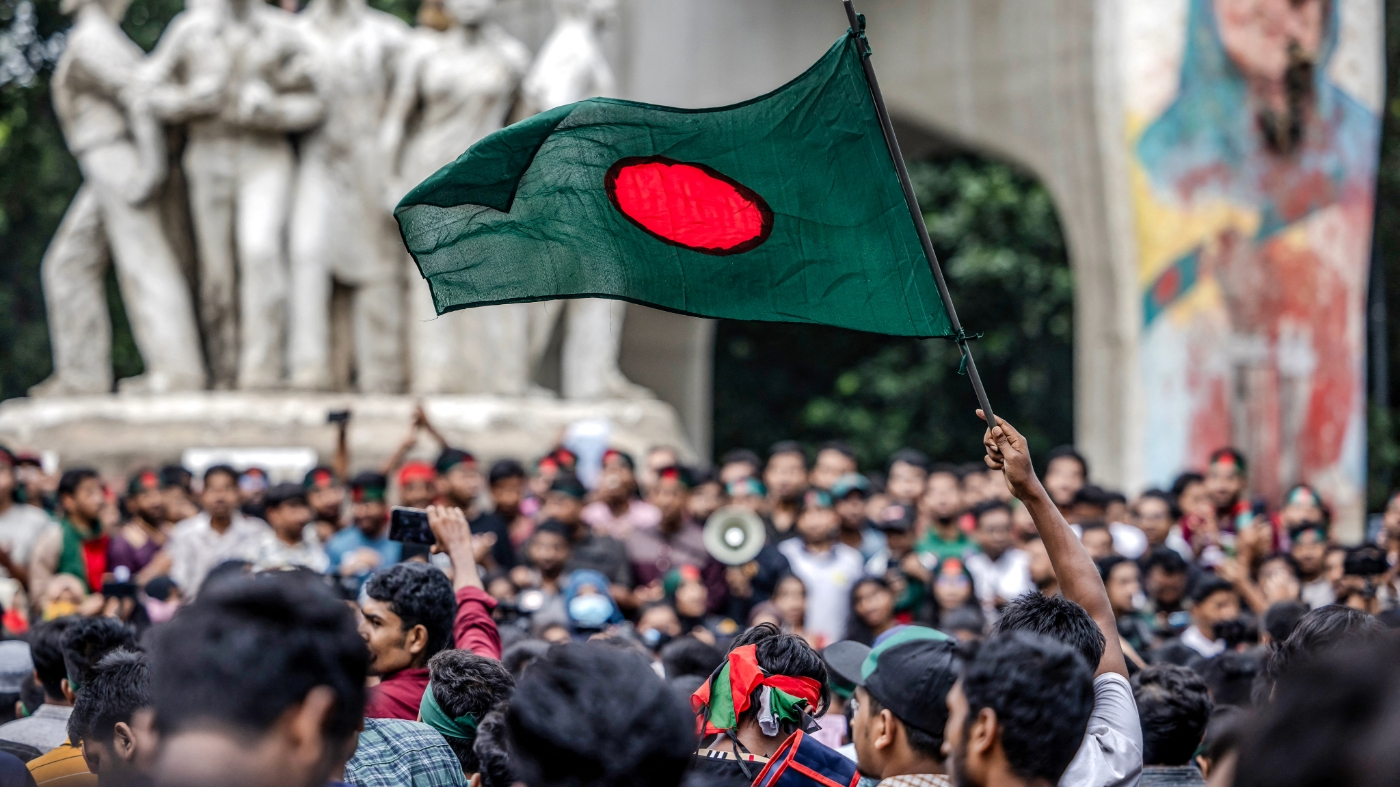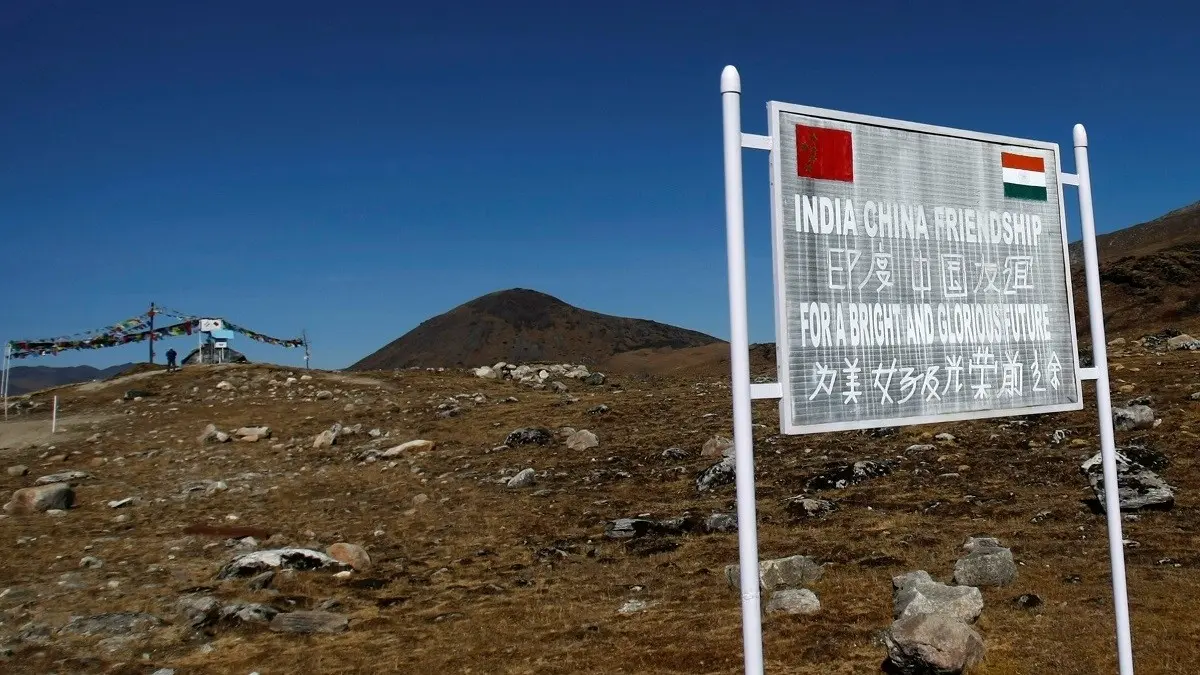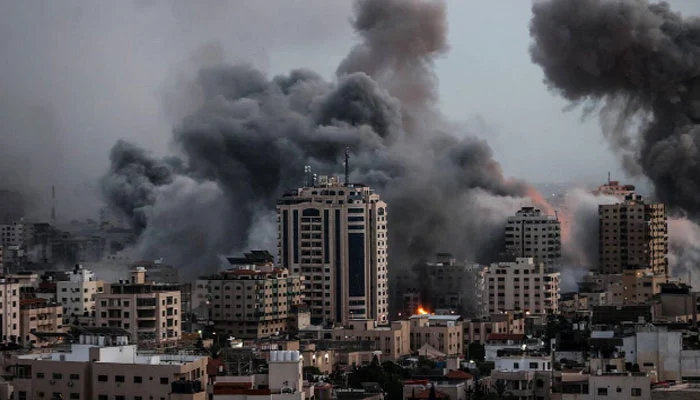Thousands of demonstrators in Bangladesh vented their anger on Wednesday by demolishing a family home steeped in national history—a symbol of the country’s independence. The building, once the residence of Sheikh Mujibur Rahman—Hasina’s late father and the independence leader who declared Bangladesh’s break from Pakistan in 1971 and was assassinated there in 1975—had been converted into a museum by Hasina, further cementing its connection to her legacy.
The destruction was triggered by plans for a speech from the exiled former Prime Minister, who fled to India after last year’s deadly student uprising ended her 15-year rule. Critics accuse her of authoritarianism and stifling dissent. In the lead-up to her address, protesters, who had already targeted other symbols of her government, threatened to bulldoze the historic site if she proceeded with her speech—a signal of the month-long protest campaign launched by her Awami League party.
As Hasina began speaking, demonstrators stormed the museum, tearing down brick walls and bringing in heavy machinery like cranes and excavators to level the structure. In the midst of the chaos, Hasina remarked, “They do not have the power to destroy the country’s independence with bulldozers. They may destroy a building, but they won’t be able to erase the history,” while urging Bangladeshis to resist the nation’s new leaders, whom she claimed had seized power through unconstitutional means.
Student leader Hasnat Abdullah had earlier warned that “tonight Bangladesh will be freed from the pilgrimage site of fascism.” Protesters chanted slogans calling for Hasina’s execution, blaming her for the hundreds of deaths during last year’s uprising—the worst crisis since the country’s independence. Anti-India sentiments also surfaced as diplomatic tensions continue over Hasina’s extradition request by an interim government led by Nobel Peace laureate Muhammad Yunus, a move India has yet to address.
Overnight, several properties belonging to Awami League supporters were also attacked, according to reports by The Daily Star. The interim government, struggling to maintain order and prevent mob justice against Hasina’s backers, has accused her of widespread corruption and human rights abuses since her tenure began in 2009. In response, the Awami League has charged the interim administration with violating human rights and marginalizing minority groups—a claim the authorities deny.
While Human Rights Watch has commended certain reform measures by the interim government, it has also highlighted a disturbing resurgence of security force abuses targeting Awami League supporters and journalists, underscoring the volatile climate currently gripping Bangladesh.



